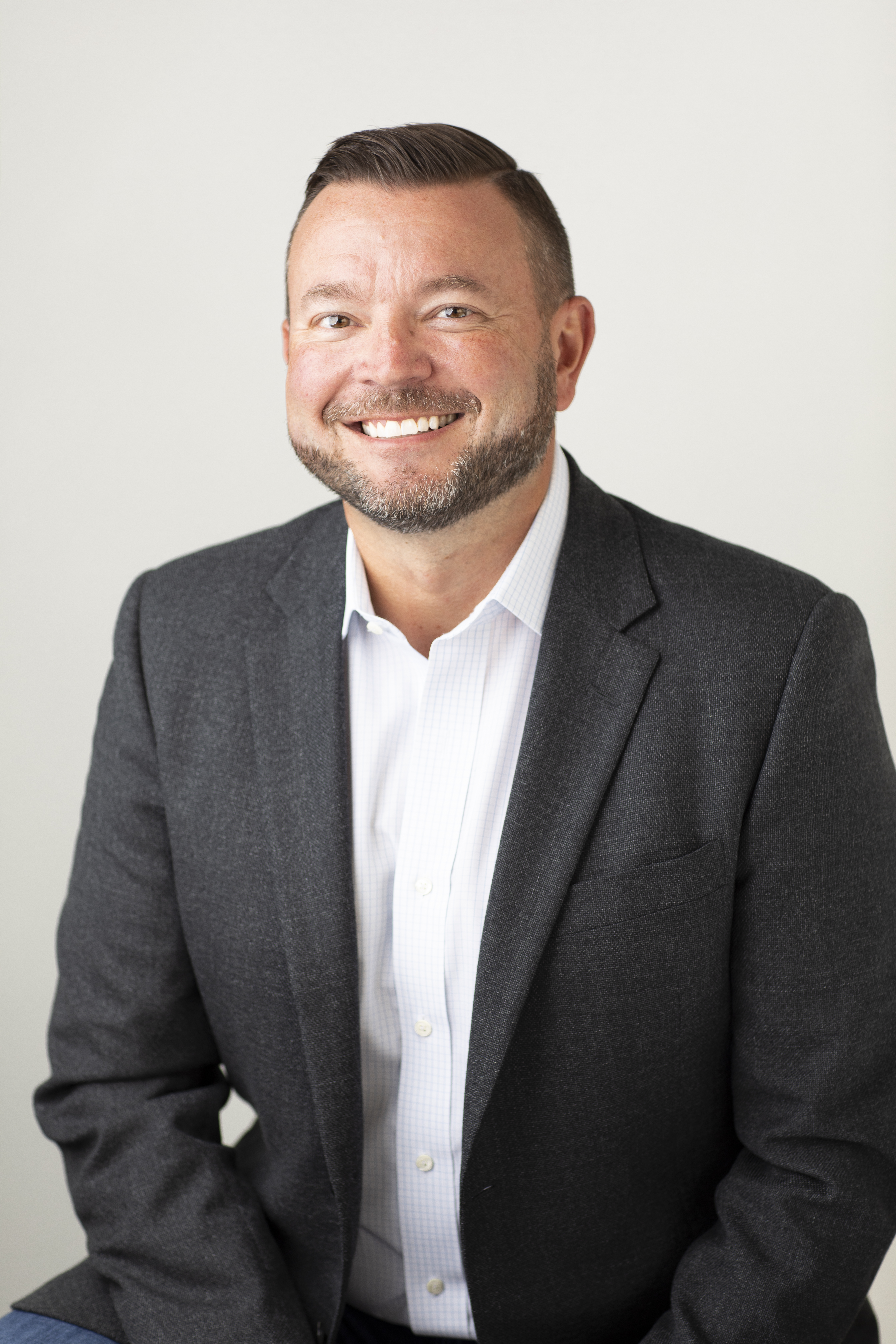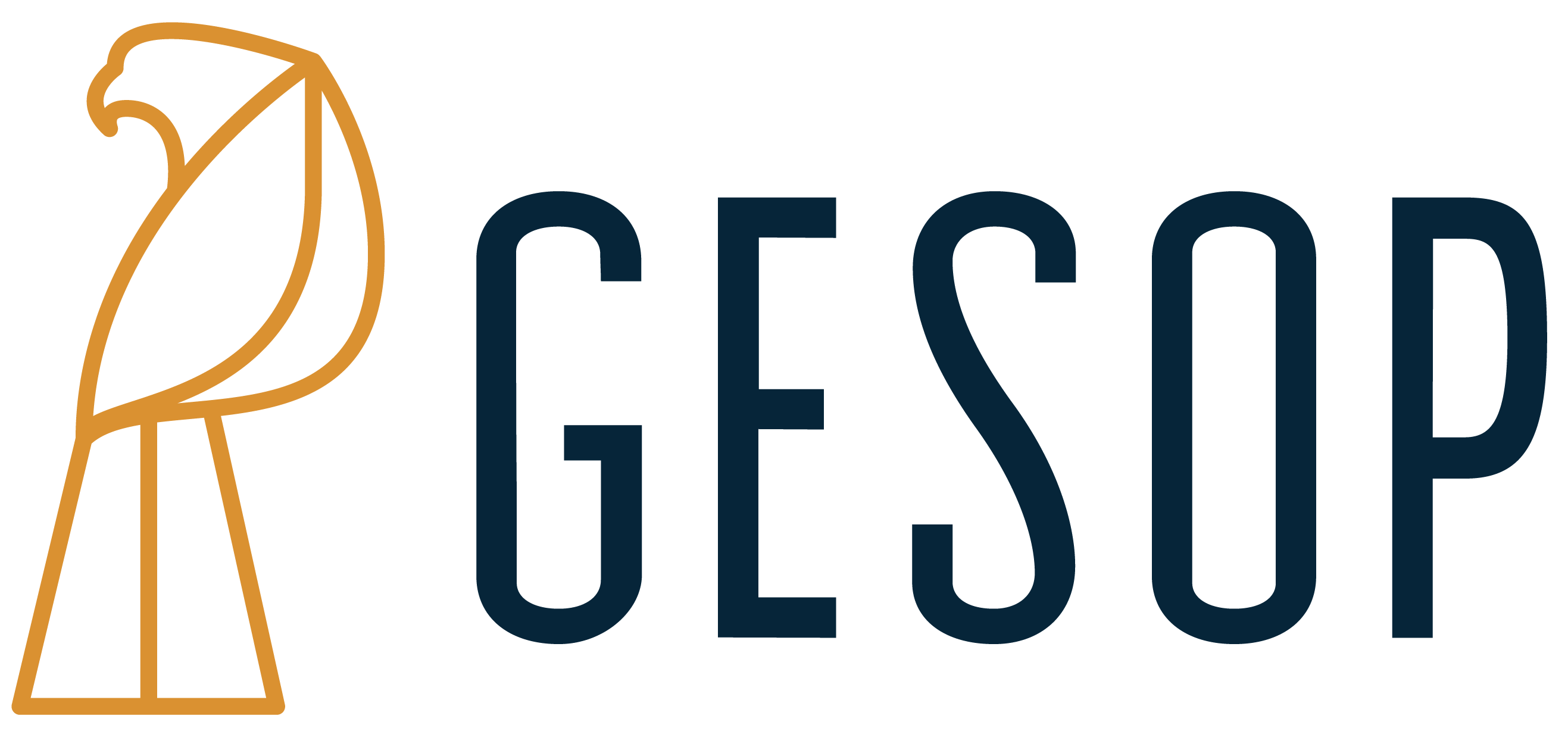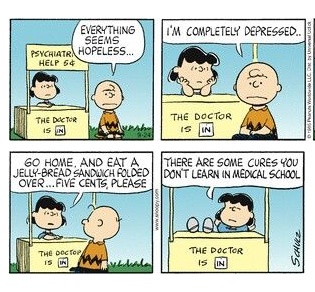“There is no education like adversity.” ~ Benjamin Disraeli
Things have come easier for one of my sons over much of his life. If you’re a parent with multiple children, I’m sure you can relate. I’d say he’s at least a "B+" at most anything he tries and when he works at, he gets himself into the "A" zone. That's one of the things I respect about him. In spite of a natural ease he often seems to have, he also applies himself diligently, rarely giving less than a 100% effort.
Things didn’t go his way at school recently. He unexpectedly lost a close election for President of his class. This is a role he’s held for three years. And the resulting musical chairs for the general student council left him without a seat. While I would never wish it upon him, and was rooting for him all the way, I know this loss will carry with it a much greater return than another victory would have.
What we learn about ourselves when the chips are down far outweighs anything we get while riding high. And those lessons learned or missed follow us into adulthood where grit, resilience, and perseverance seem to be in short supply these days.











